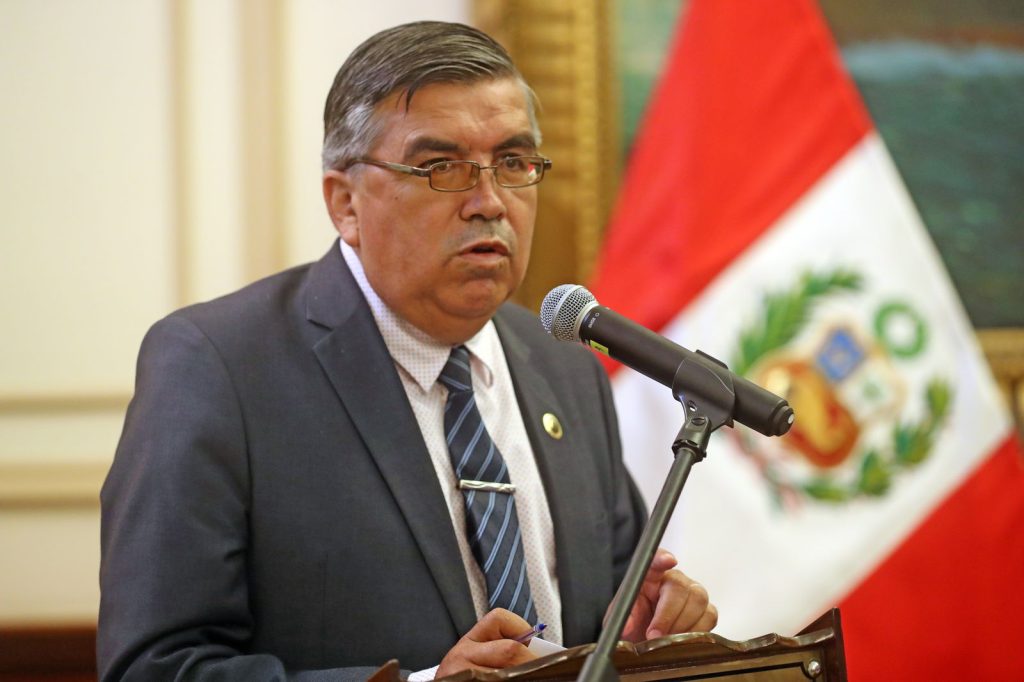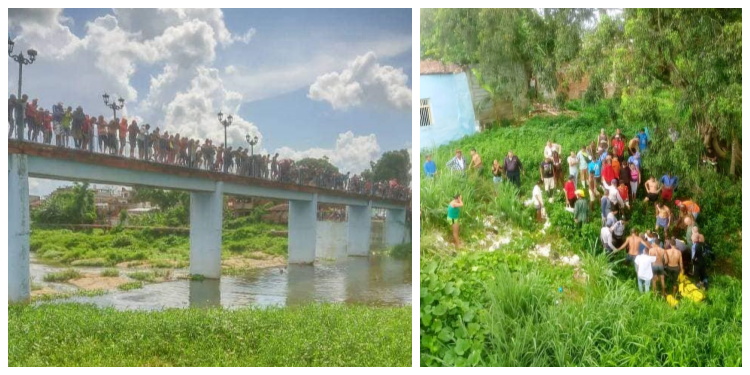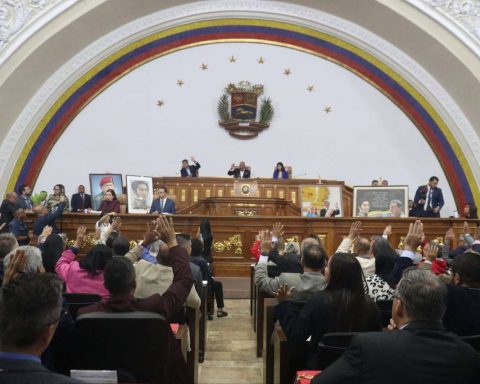Presented on Sunday, in the midst of the ruling on the Judicial Reform in the Senate, now as a reviewing Chamber, and about to be brought up for debate in the plenary session, the proposal document, unlike the presidential initiative, touches on issues related to public safety, the justice system, the work of the prosecutors’ offices, the public defenders’ offices, and those related to the crimes of femicide and attention to victims, including the penitentiary system.
For example, in the area of public security, there is a call to “reorient policies” in this area and “promote its demilitarization and guarantee citizen participation in its design,” and the need for security forces to be civilians is indicated, that is, to comply with the Constitution.
This implies “moving towards a gradual reduction in the involvement of the Armed Forces in public security tasks, as well as guaranteeing citizen participation in the development, implementation and monitoring of security policies,” in addition to strengthening civilian tasks to combat insecurity.
It also states that the Constitution must be complied with and progress must be made in strengthening civilian public security institutions, “through a detailed diagnosis of each police force to identify its weaknesses and needs, allocating an adequate budget to guarantee decent services, equipment and personnel.”
Another issue has to do with the figures of pretrial detention and arraigo. Although Mexico has signed international agreements that consider both to be violations of human rights, the president and the Morena majority in Congress have refused to repeal these figures.
The minister’s proposal seeks to remove pretrial detention from the legal framework, since it “promotes arbitrary deprivation of liberty” and is incompatible with the obligations assumed by Mexico in international conventions.
Piña proposes to expand and strengthen the scope of the amparo trial and in particular “incorporate the possibility of granting suspensions with general effects in cases of serious human rights violations.”
However, last April, Morena and its allies approved reforms to articles 129 and 148 of the Amparo law – which are already in force – to remove that power from judges, since it was established that “in no case will the suspensions that are issued establish general effects,” which implies that the application of a law that has been questioned cannot be annulled, but only for those who process and win their amparo.
In his proposal, Piña proposes strengthening mechanisms such as the general declaration of unconstitutionality.
“The current scope of the phenomenon of serious human rights violations requires the need to think of procedural figures that can provide collective models of justice in the face of recurrent phenomena or acts of great scope. In comparative law, there are models such as the “unconstitutional state of affairs”, which is proposed as an alternative.
But this proposal contradicts the interest of Morena and its allies, evident in October 2023 and February 2024, when, through an initiative to reform the Regulatory Law of Article 105 of the Constitution, they sought to limit the possibility that judges can, through amparo, hear cases in which a majority of SCJN ministers is not achieved to invalidate a norm, and that these judges can indeed declare the invalidity of norms with general effects.
This happened when the works on the Mayan Train, the AIFA or the Electricity Industry Law were halted, in some cases with arguments specifically of violations of human rights.

















